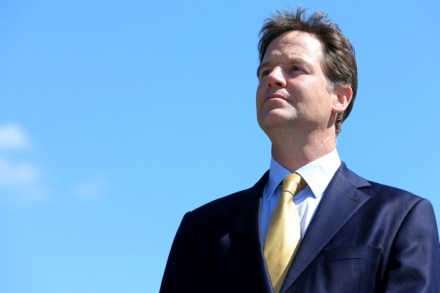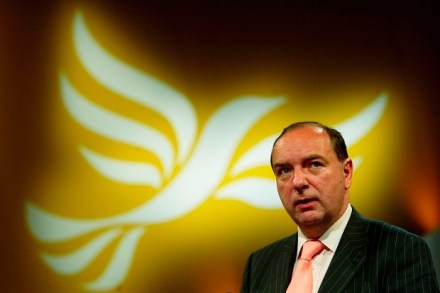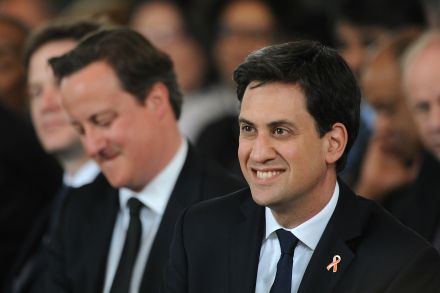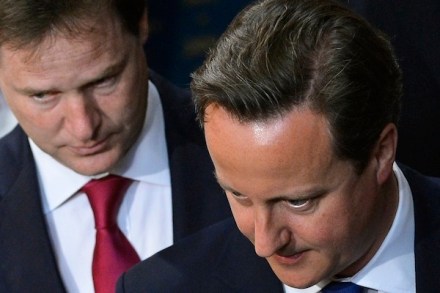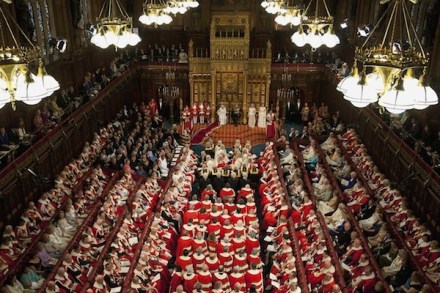Nick Clegg’s PMQs challenge
Nick Clegg is taking Prime Minister’s Questions today, which will at least force the Lib Dem leader to turn up to a major Commons session, rather than bunking off to Cornwall. It’s not just good timing in terms of sorting out Clegg’s truancy rate, but also because Coalition ministers have been taking public pot shots at one another for the past week. Labour will want to exploit those divisions, but Clegg is unlikely to find many Tory backbenchers rallying to his cause, either. The behaviour of the Lib Dems has reminded a lot of Conservatives of their desire to sack the Lib Dems from the Coalition – a desire they
